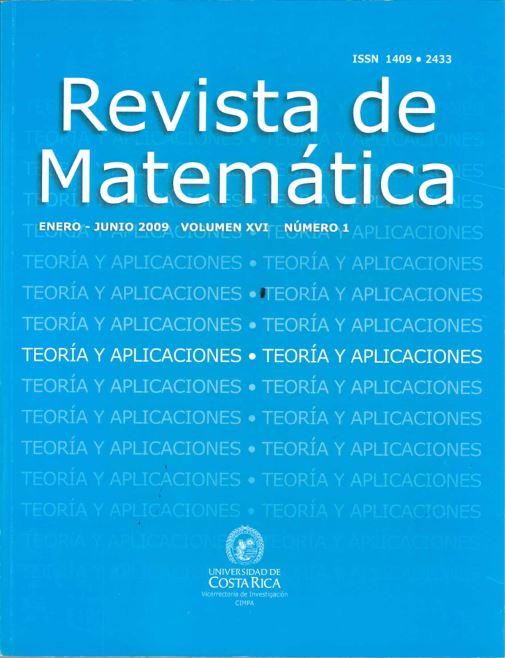Abstract
This work presents the implementation on a Linux Cluster of a parallel preconditioner for the solution of the linear system resulting from the finite element discretization of a 2D second order elliptic boundary value problem. The numerical method, proposed by Bramble, Pasciak and Schatz, is developed using Domain Decomposition techniques, which are based on the splitting of the computational domain into subregions
of smaller size, enforcing suitable compatibility conditions. The Fortran code is implemented using PETSc: a suite of data structures and routines devoted to the scientific parallel computing and based on the MPI standard for all message-passing communications. The main interest of the paper is to present an efficient and portable code for the solution of large-scale linear systems and to investigate how the architectural
aspects of the cluster influence the performance of the considered algorithm. We provide an analysis of the execution times as well as of the scalability, using as test case the classical Poisson equation with Dirichlet boundary conditions.
References
Balay, S.; Buschelman, K.; Gropp, W.D.; Kaushik, D.; Knepley, M.; McInnes, L.C.; Smith, B.F.; Zhang, H. (2002) “PETSc users manual”, Technical Report ANL-95/11 – Revision 2.1.5, Argonne National Laboratory, USA.
Bramble, J.H.; Pasciak, J.E.; Schatz, A.H. (1986) “The construction of preconditioners for elliptic problems by substructuring I”, Mathematics of Computation 47: 103–134.
Carvalho, L.M.; Giraud, L.; Le Tallec, P. (1998) “Algebric two-level preconditioners for the Schur complement method”, Technical Report TR/PA/98/18, CERFACS, France.
Johnson, C. (1987) Numerical solution of partial differential equations by the finite element method. Cambridge University Press, Cambridge.
Marazzina, D.; Rovida, S.; Sacchi, G.; Salas; O.; Scacchi, S. (2006) “A parallel preconditioner for 2D elliptic boundary value problems”, Technical Report 32-PV 2006, IMATI-CNR, Pavia.
Saad, Y. (2003) Iterative Methods for Sparse Linear Systems (2nd edition). SIAM, Philadelphia.
Toselli, A.; Widlund, O. (2005) Domain Decomposition Methods – Algorithms and Theory. Springer-Verlag, Berlin Heidelberg, Germany.
